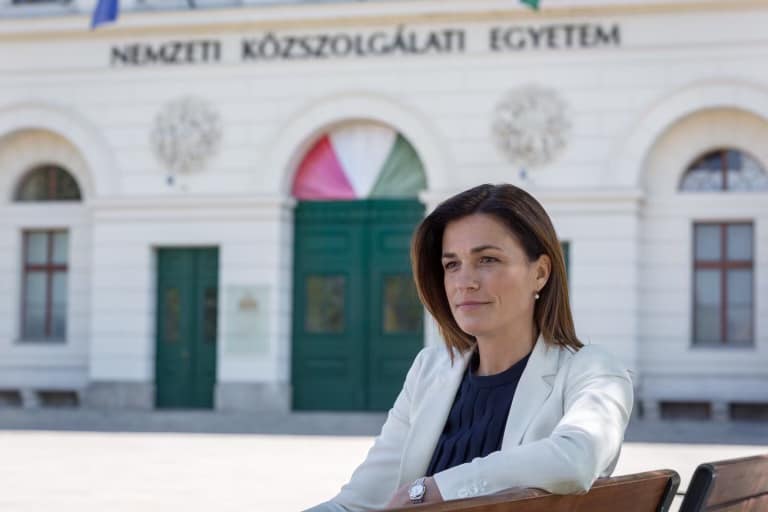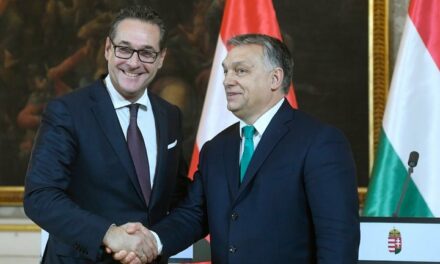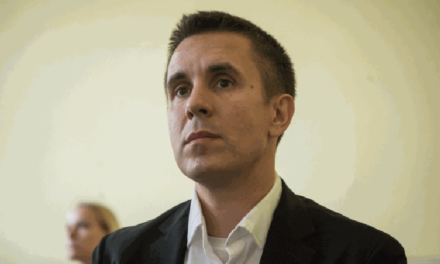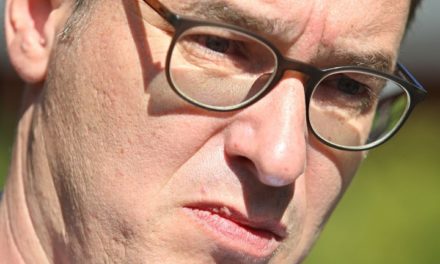A total of 47 students passed the of the Europe of Nations Career Program . The goal of the training is for Hungary to have more professionals than ever before who have successfully applied for and been employed at European Union institutions.
The National University of Public Service, in cooperation with the Ministry of Justice, launched the Europe of Nations Career Program (NEP) last September. The undisclosed goal of the six-month training is to represent our country in EU institutions with well-prepared professionals who speak foreign languages well and are committed to both Europe and Hungary. 186 people applied for the program, 52 of them started the first year, and 47 students passed the final exam. At the end of the year held online, András Koltay emphasized: he is proud that the National University of Public Service, together with the Ministry of Justice, was able to launch practice-oriented and wide-ranging training for the effective international representation of the country's interests. He is particularly pleased that the first year of the program József Antall as its namesake. "The clear message of this is that even today's generation can appreciate the importance of the fact that our country won its freedom 30 years ago and has been protecting it ever since. With this in mind, we must plan our next decades, in which the students who have just graduated will play an outstanding role".
Boglárka Bólya , the Deputy Secretary of State responsible for European Union relations at the Ministry of Justice, Judit Varga, congratulated the students on their successful results. He said that the tradition-creating and gap-filling training aims to equip the students with such practical knowledge that gives insight into the behind-the-scenes of the EU institutions. He added that the training also provides thorough preparation for successfully passing the EPSO competitive exams. He asked the students to remember the intentions of the founding fathers in their work. Robert Schuman , who said that "the aim of European cooperation is not to undermine the assertion of national character, or to absorb it, but to open up a wider field of action for it." He believes that more Europe is not necessarily better Europe.
The deputy state secretary added that, according to Hungary, a better Europe is more a community of values true to itself, which humbly accepts the heritage of its history, proudly preserving its cultural treasures and national traditions. Boglárka Bólya thanked the National University of Public Service and the Prime Minister's Office for their joint work and encouraged the students to work hard for the success of the European community and Hungary.
Gergely Prőhle reminded that one of the undisclosed aims of the training, in addition to deepening professional and linguistic knowledge of the EU and preparation for the EPSO exam, is that the participants in the program can develop a network of contacts that they can put to good use once they are admitted to the EU institutions. during joint work.
Featured photo: Judit Varga's Facebook page













